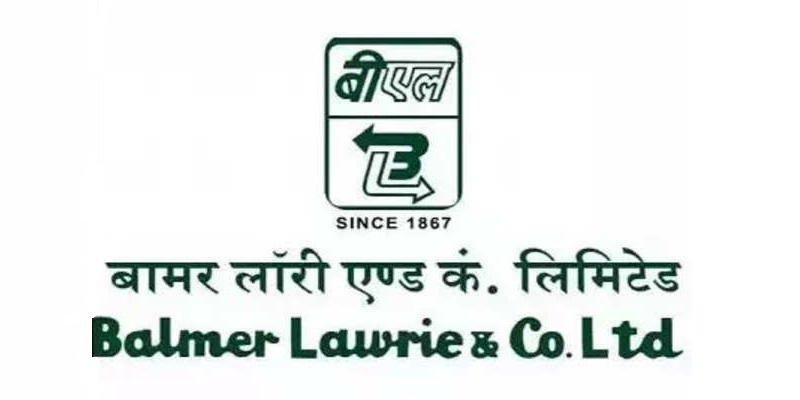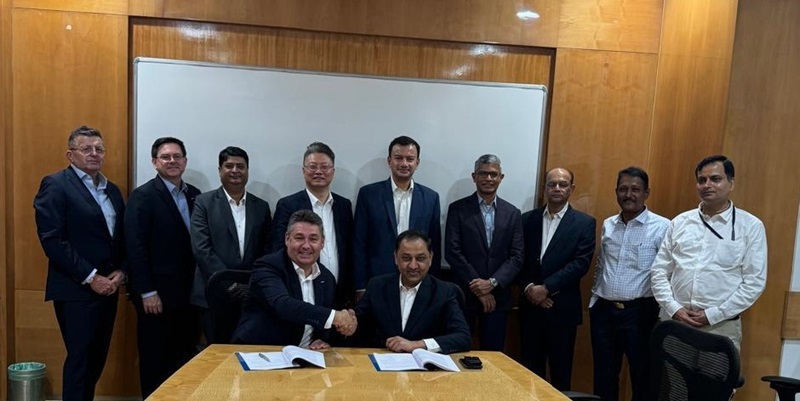Schedule a Call Back
PLI scheme: Need for a course correction
 Articles
Articles- Dec 01,23

Related Stories

On a fast-track growth
On September 25, 2024, Make in India initiative completed 10 years. Lauding the country’s achievements in manufacturing, Prime Minister Narendra Modi, in a LinkedIn post, described the initiative ..
Read more
Honeywell to power energy sector with new AI solutions
Honeywell’s new AI capabilities include the Experion Operations Assistant, which integrates explainable AI into the industrial process to help operators identify production issues and offer step-b..
Read more
Balmer Lawrie plans Rs 7 billion capex; To expand into ethanol production
he company aims to diversify its operations by entering the ethanol production sector and expanding into third-party logistics for businesses looking to store their products.
Read more










